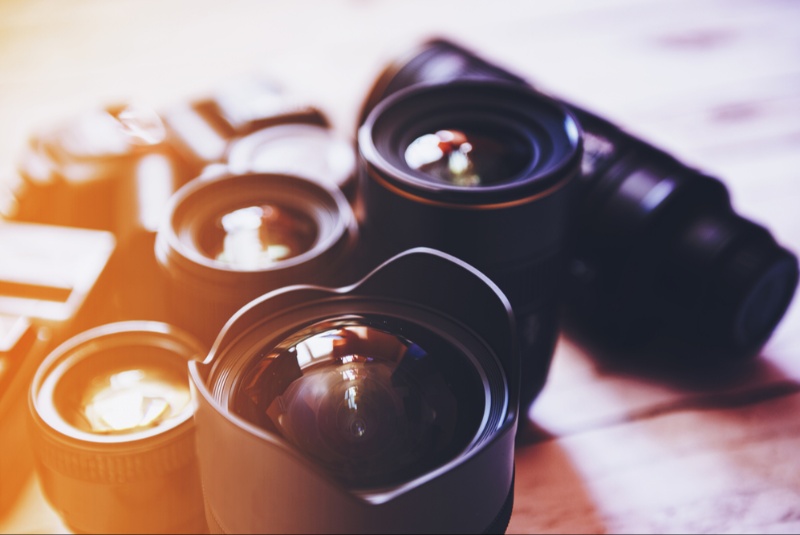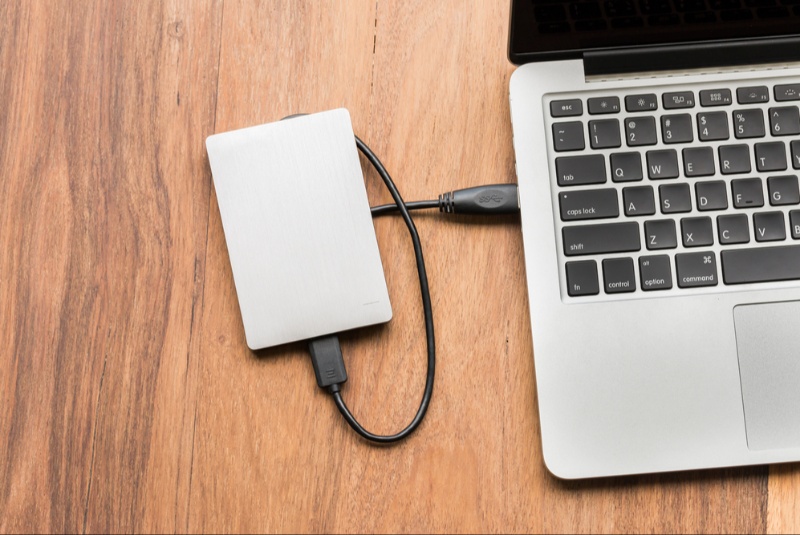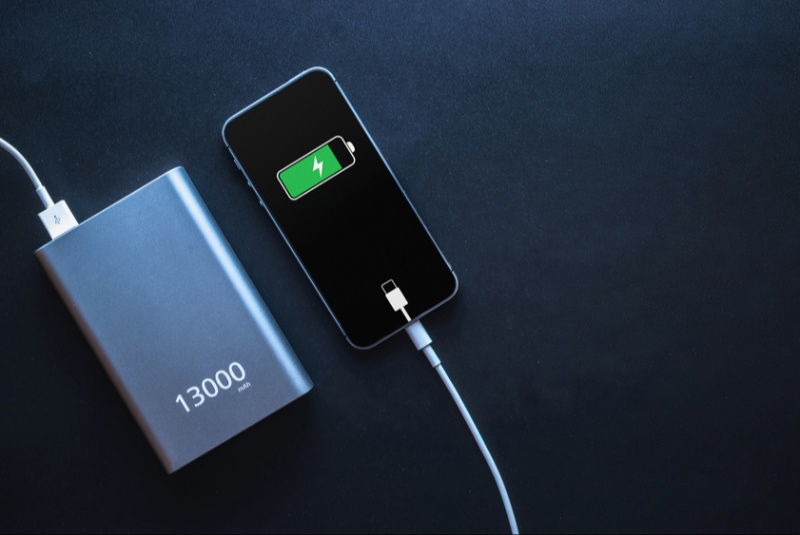In the era of rapid technological advancements, purchasing a camera that suits your needs perfectly can be a daunting task. With an array of options featuring different specifications, it becomes necessary to understand the essentials before making a smart purchase. Below, we explore some tips that will guide you in buying a camera that meets your requirements.
1. Determine Your Purpose
The initial step in buying a camera is to identify the primary purpose of your purchase. Are you a budding photographer, a vlogger, or someone looking to capture family memories? Different uses necessitate different types of cameras; while DSLRs and mirrorless cameras are preferred for professional photography, compact cameras work well for personal use.
2. Understand the Camera Types
DSLR Cameras
- Pros: High image quality, wide range of lenses, manual control
- Cons: Bulky, steeper learning curve
Mirrorless Cameras
- Pros: Compact, lighter than DSLRs, fast autofocus
- Cons: Limited battery life, fewer lens options compared to DSLRs
Compact Cameras
- Pros: Easy to use, portable, affordable
- Cons: Limited manual controls, lower image quality compared to DSLRs and mirrorless cameras
3. Know Your Budget
Set a realistic budget considering the essential accessories like lenses, memory cards, and a sturdy camera bag. Remember, the most expensive camera is not always the best; sometimes a mid-range camera can offer you a substantial array of features catering to your needs.
4. Focus on the Core Specifications
Sensor Size
A larger sensor can capture more light, rendering higher image quality, especially in low-light situations.
Megapixels
While it's essential, it's not the decisive factor in determining image quality. Even a camera with 12-16 megapixels can deliver high-quality prints.
Lens Compatibility
Ensure the camera you are considering allows for interchangeable lenses, giving you the flexibility to switch between different lens types.
Autofocus
A camera with a good autofocus system will ensure sharp and clear images, enhancing your photography experience.

5. Ergonomics and Handling
Consider how the camera feels in your hands. Is it comfortable to hold for extended periods? Are the controls easily accessible? These factors will significantly impact your shooting experience.
6. Connectivity
In the current digital age, connectivity is key. Opt for a camera that supports Wi-Fi and Bluetooth connections for easy sharing and remote control options.
7. Battery Life
Long battery life can be a boon, especially while traveling or shooting for extended periods. Check the battery life specification to ensure it meets your requirements.
8. Future-proof Your Purchase
Buying a camera is a substantial investment. Therefore, ensure that the camera has features that would remain relevant in the coming years. Consider aspects like 4K video recording, high ISO range, and fast processing engines.
9. Customer Reviews and Ratings
Before making a purchase, go through customer reviews and ratings to get a genuine insight into the camera's performance and durability.
10. Test the Camera
If possible, visit a physical store to get a hands-on experience of the camera. Testing it will give you a clear picture of its functionalities and handling.
Buying a camera is a significant decision, laden with multiple aspects to consider. However, delineating your purpose, setting a budget, understanding the specifications, and prioritizing features essential for your needs can steer you towards making a smart purchase.
So, immerse yourself in the world of photography with a well-informed choice and let your camera become the companion in capturing life's precious moments through the perfect lens. Remember, a smart camera purchase is your first step towards becoming a proficient photographer, letting your creativity flow through every click.




